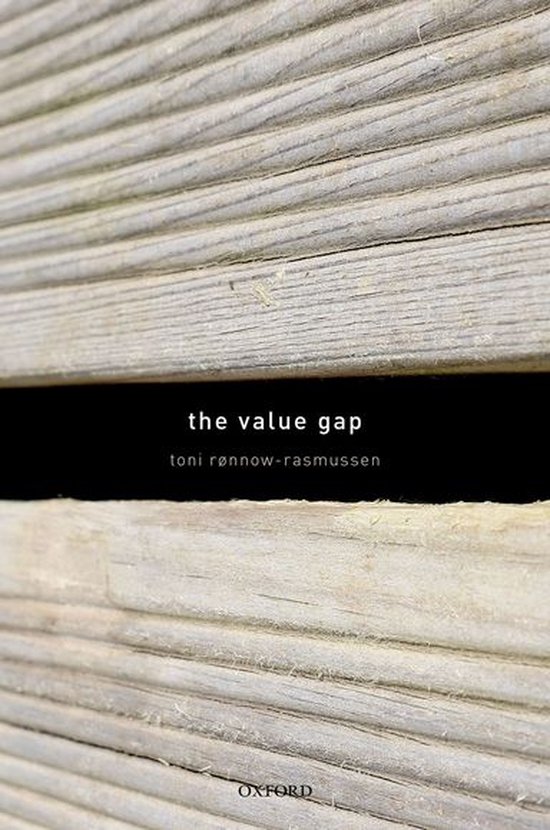The value gap

Direct beschikbaar
In The Value Gap, Toni Rønnow-Rasmussen addresses the distinction between what is finally good and what is finally good-for, two value notions that are central to ethics and practical deliberation. The first part of the book argues against views that claim that one of these notions is either faulty, or at best conceptually dependent on the other notion. Whereas these two views disagree on whether it is good or good-for that is the flawed or dependent concept, it is argued, as against both approaches, that goodness and goodness-for are independent value notions that cannot be fully understood in terms of one another. The second part provides an analysis of good and good-for in terms of a fitting-attitude analysis. By elaborating a more nuanced understanding of the key elements of this analysis--reasons and pro-attitudes--Rønnow-Rasmussen challenges the widespread idea that there are no genuine practical and moral dilemmas. The result is that the gap between favouring for a reason what is good and favouring for a reason what is good for someone appears insurmountable.
- 1 Bekijk alle specificaties

Prijs:

Taal: en
Bindwijze: E-book
Oorspronkelijke releasedatum: 02 december 2021
Ebook Formaat: Adobe ePub
Hoofdauteur: Toni RØNnow-Rasmussen
Hoofduitgeverij: Oup Oxford
Lees dit ebook op: Desktop (Mac en Windows)
Lees dit ebook op: Kobo e-reader
Lees dit ebook op: Android (smartphone en tablet)
Lees dit ebook op: iOS (smartphone en tablet)
Lees dit ebook op: Windows (smartphone en tablet)
Studieboek: Nee
EAN: 9780192664259